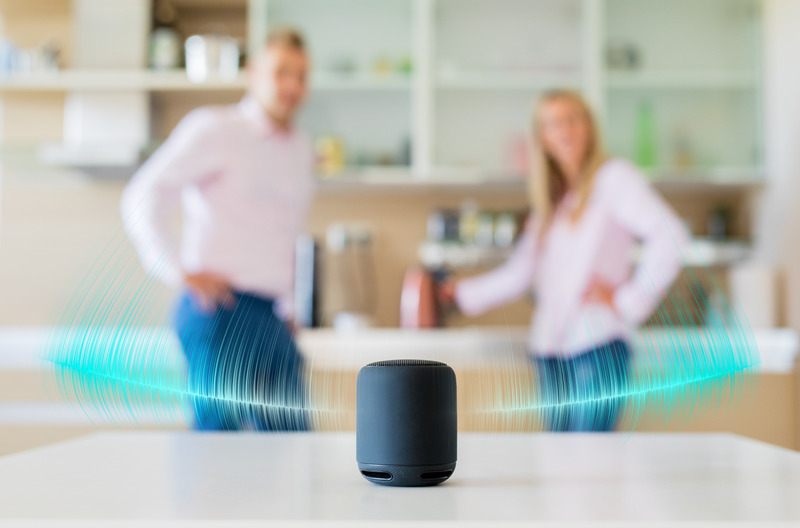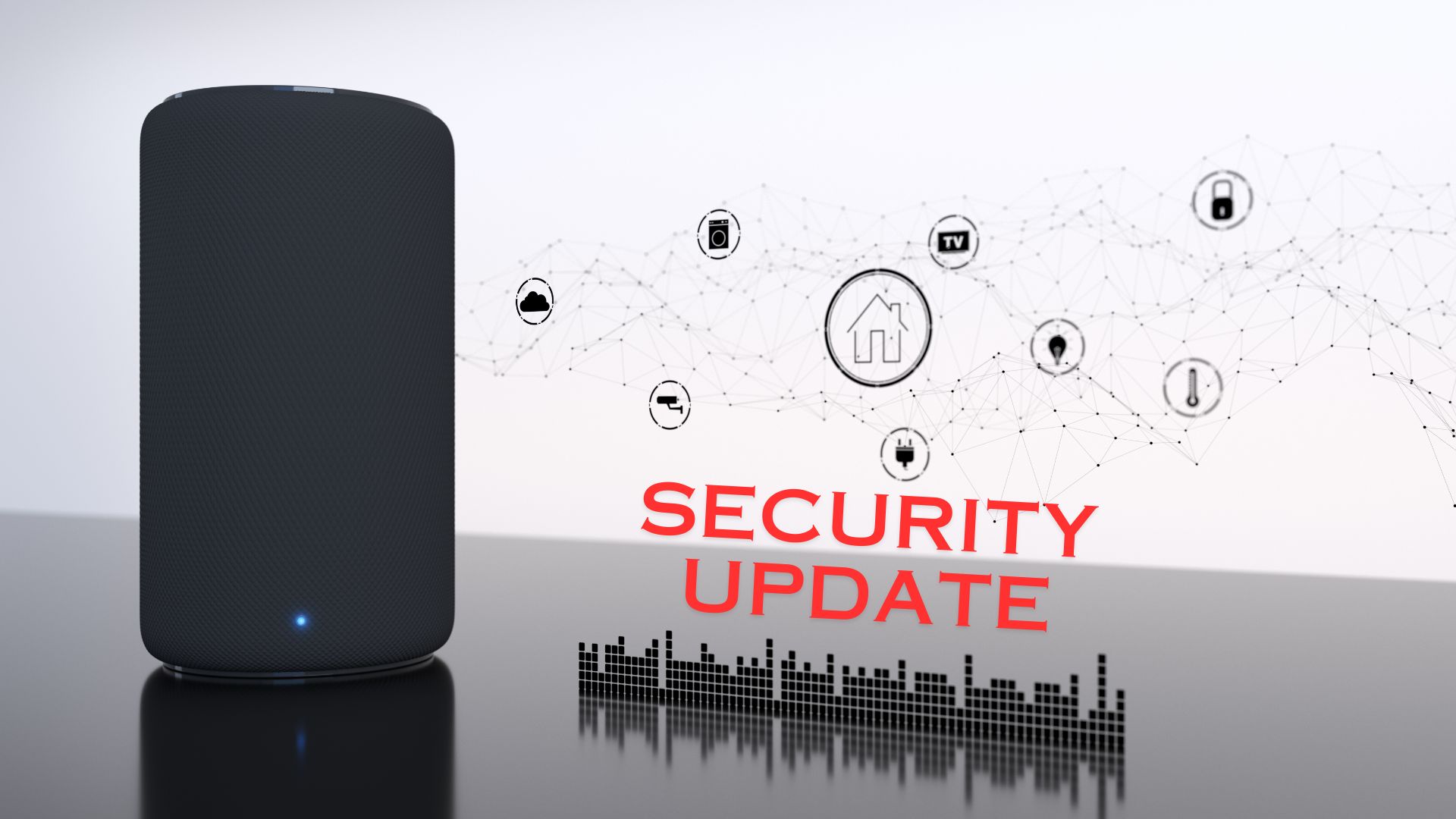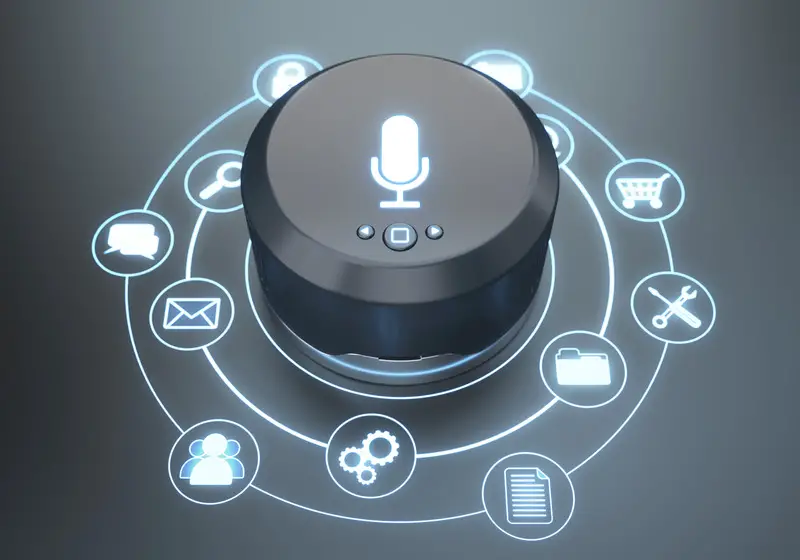Smart speakers have quickly become a ubiquitous presence in many modern homes. With the ability to play music, answer questions, and control smart home devices with just a voice command, they offer a level of convenience and automation that was once unimaginable.
However, as with any new technology, there are both advantages and disadvantages to owning a smart speaker. On the one hand, they can make our lives easier and more streamlined, but on the other hand, they raise concerns about privacy, security, and the impact on our social skills.
In this blog, we will explore the pros and cons of owning a smart speaker, weighing the benefits against the potential drawbacks to help you make an informed decision about whether or not to add one to your home.
What’s so great about smart speakers?
Smart speakers are blowing up in popularity these days! It seems like almost everyone has one's home, and they're becoming even more essential for our daily lives.

Smart speakers allow you to use voice commands to control connected devices in your home such as lights, music, appliances and more with just a few simple words. With the vast array of things that can be done using these convenient devices, it's no surprise they've become so popular.
Whether you're using it to play your favorite songs, order groceries or even check the weather, smart speakers make our lives easier and more connected than ever before!
Pros of owning a smart speaker
Owning a smart speaker is becoming more and more popular for convenience—you can turn on your lights, ask questions you have, or even play music with only your voice!
Smart speakers with voice command technology are compatible with most of your home electronics. No more having to fumble around searching for the remote—just say what you want and it gets done. For example, set a timer while cooking dinner, check the weather before heading to work in the morning, stream movies or listen to your favorite podcasts.
It's easy to see why convenience is one of the many pros of owning a smart speaker.
Cons of owning a smart speaker
Smart speakers are undeniably convenient pieces of technology that can make our lives a little bit easier; however, they do come with some drawbacks.
One of the major worries that come with owning and using smart speakers is security—in particular, the potential violations of your privacy. Smart speakers tend to collect large amounts of data, which they then share with third-parties.
That being said, there have also been reports of clever hacking attempts on home technologies like these. Issues such as voice cloning and spoofing may also lead to malicious activities in one’s home and could be difficult to detect.
If you're considering getting a smart speaker for your home, be sure to weigh the pros and cons carefully before making a final decision.
How to keep your smart speaker safe from hackers
Securing your smart speaker doesn't have to be a hard or expensive task; there are some simple steps you can take to make sure hackers stay away from your device.
To start, try using passwords that are more than six characters and contain a variety of numbers, symbols, and letters.

Additionally, it's important to keep the latest updates on your smart speaker so that you have the latest protections against any malicious actors. Sometimes when manufacturers release an update with security patches, they'll alert users through their app - make sure you always check for those!
Don't forget about limiting access to your device by configuring the rules in services like Alexa or Google Assistant.
With these simple tips, you can enjoy all the benefits of having a voice assistant without having to worry about security breaches.
To reiterate…
Smart speakers can be incredibly convenient when it comes to getting things done quickly - such as checking the weather forecast, playing music, or setting reminders. They are also great for controlling your other devices through voice commands, making life that bit easier.
On the downside, some users may have concerns around privacy and security, as smart speakers possess a lot of data on their owners. Issues like potential hacking and audio recordings also pose a threat; however, many devices offer options to users that allow them to turn off various features if they choose.
Ultimately, while there are certain negative aspects to consider with owning a smart speaker, it really is a matter of personal preference and deciding whether or not you want the convenience it provides in your day-to-day life.
Conclusion
In conclusion, owning a smart speaker comes with both advantages and disadvantages.
On the one hand, smart speakers offer a range of features that can make our lives more convenient, from controlling smart home devices and setting reminders to playing music and providing answers to questions. They can also improve accessibility for individuals with disabilities and offer new ways to interact with technology.
However, there are also downsides to owning a smart speaker.
Privacy concerns are perhaps the most significant issue, as smart speakers constantly listen for their wake word and can inadvertently record conversations. There are also potential security risks, such as the possibility of hackers gaining access to sensitive information. Additionally, the reliance on voice commands and automation could contribute to a decrease in critical thinking skills and a lack of human interaction.
Overall, smart speakers can be extremely convenient and practical household additions. However, there are some potential risks that come along with owning one of these devices.
Be sure to weigh the pros and cons before making a purchase and take steps to keep your device secure once you have it in your home. With a little bit of knowledge and caution, you can enjoy all the benefits of hands-free living without worry.

